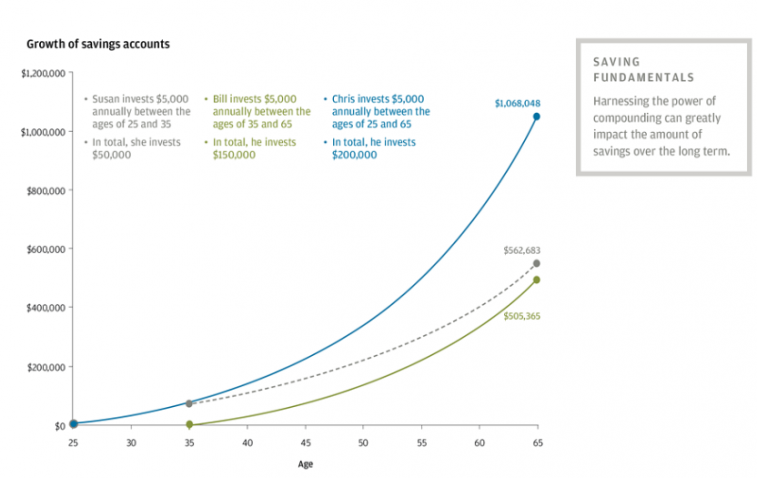To come up with the top 7 offenders, we sifted through dozens of actions taken by the Consumer Financial Protection Bureau against bad financial practices in 2015. In the last year, the watchdog agency recovered more than $200 million in penalties from companies it found had violated financial protection laws, and paid out to nearly 900,000 consumers.
For-profit college chain Corinthian Colleges Inc. was ordered to forgive $480 million worth of private loans borrowed by students
The loan forgiveness was a huge win for Corinthian borrowers, many of whom were left in the lurch when the company was ordered to close down a large portion of its campuses in 2014 and 2015. Most recently, in October, a federal court ruled in favor of the CFPB in a 2014 lawsuit against Corinthian, agreeing that Corinthian was liable for more than $530 million in loans taken out by students.
Verizon and Sprint will pay $120 million for allowing third party merchants to hit their customers with unauthorized charges
In May, the CFPB found Verizon (VZ) and Sprint’s (S) flawed billing systems had allowed third-party merchants to hit customers with millions of dollars worth of unauthorized charges. The practice, known as “cramming,” went on for nearly a decade from 2003 to 2014. Some customers were charged one-time fees ranging from 99 cents to $14.99, while others were stuck with monthly recurring charges of $9.99 for so-called “premium texting” services (like horoscope and sports score updates). The worst part? Sprint and Verizon were profiting handsomely from the practice, pocketing 30%-40% of the gross revenue from these charges, according to the CFPB, all while failing to keep track of customers who had submitted complaints. They aren’t the first mobile providers to get caught cramming — AT&T and T-Mobile have settled similar lawsuits as well.
Customers have until Dec. 31, 2015, to file a claim for a refund
New Jersey’s largest savings bank purposefully avoided lending to Black and Hispanic homebuyers
Redlining, a practice through which businesses go out of their way to avoid servicing people of certain racial and ethnic backgrounds, was found to be alive and well in 2015. In September, Hudson City Savings Bank (HCBK), the largest savings bank in New Jersey with 135 branches, paid $33 million to settle claims it marketed mortgages in areas mostly populated by white homeowners in New Jersey and Long Island. The CFPB, working alongside the Department of Justice, found that in 2014, only 25 of the 1,886 mortgages the bank approved went to black homeowners. This was the result of a targeted effort to avoid areas with a heavy minority presence. In 2011 and 2012, 94.5% of Hudson City’s top mortgage broker offices were outside minority Black and Hispanic areas, according to the CFPB. The settlement — which included $25 million in direct loan subsidies to qualified borrowers in the affected communities, $2.25 million in community programs and outreach, and a $5.5 million penalty — was the largest redlining settlement in history, according to the CFPB. The subsidies go toward helping borrowers with down payments, closing costs and reduced interest rates.
The CFPB and DOJ filed similar claims in May against Provident Funding Associates, a California mortgage broker, calling on it to pay $9 million in damages. The complaint alleges the company wrongfully charged black and Hispanic borrowers higher broker fees on mortgage loans.
It took RushCard weeks to restore service to hundreds of thousands of prepaid debit card customers who lost access to their accounts, cutting off their only access to cash
Discover Bank refunded 100,000 customers $16 million for illegally inflating their student loan bills and misleading them about benefits
As if graduating with tens of thousands of dollars of student loan debt — which, sadly, is the new normal — wasn’t bad enough, graduates have to contend with student loan servicers that don’t always have their best interests at heart. In July, the CFPB ordered Discover Bank (DFS) and its affiliates to pay $16 million to customers for overestimating their minimum payment requirements and denying them key information on how to sign up for federal income tax benefits. As a result, borrowers got stuck paying interest on loans that should have been deferred. Some of those who weren’t able to make the larger payments became delinquent on their accounts, incurring fees and late charges, while others had to cut out other expenses to cover the payments, the CFPB said. Others missed out on the student loan interest deduction tax credit. The refunds, which ranged from $92 to $500, were credited directly to borrowers’ accounts.
JPMorgan Chase was ordered to pay over $200 million in restitution and fines for selling bad credit card debts and robo-signing court documents
PayPal misled customers into signing up for lines of credit they never wanted
In May, PayPal (PYPL) was ordered to refund $15 million to customers and pay a $10 million fine after the CFPB found the company had illegally signed people up for unwanted credit. Many who thought they were signing up for regular PayPal accounts unwittingly registered for lines of credit through the company’s lending arm, according to the CFPB. Some people only found out when they started getting debt collection notices for past due amounts or found evidence of the new account on their credit report.Culled from yahoo finance

